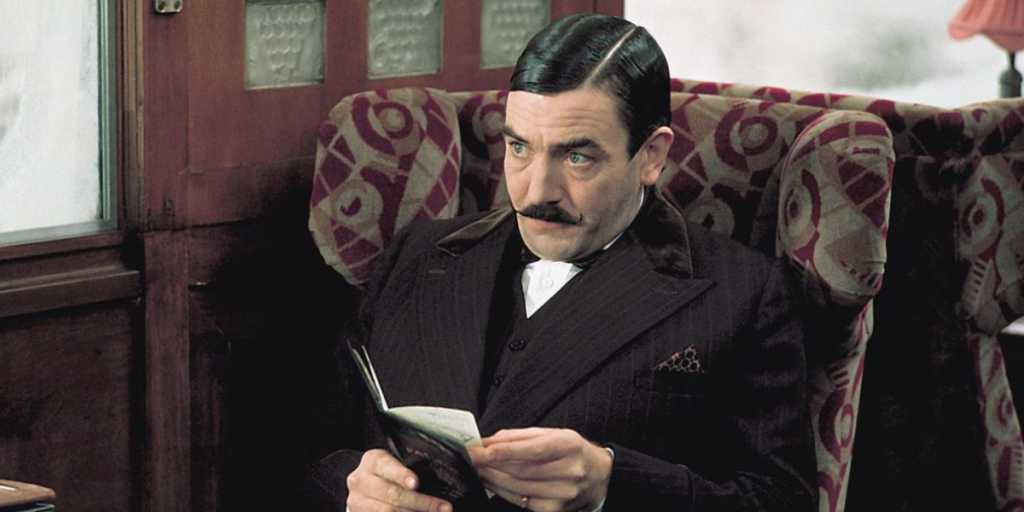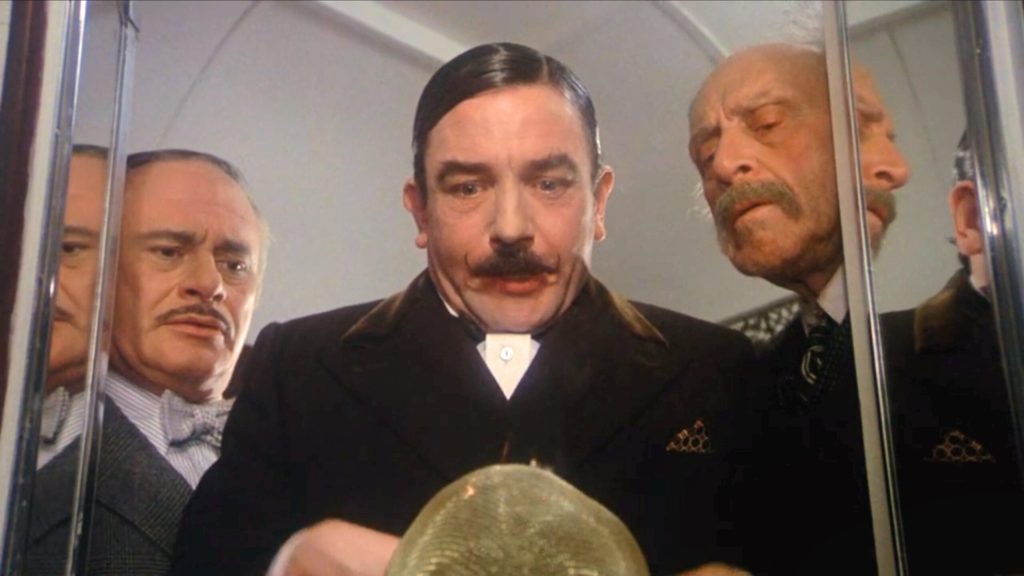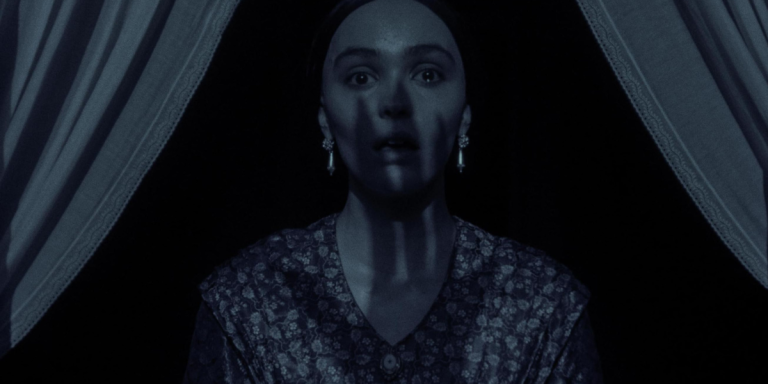Albert Finney Led an All-Star Cast in the Oscar-Nominated Adaptation of ‘Murder on the Orient Express’

Albert Finney became the only actor nominated for an Oscar for playing Agatha Christie’s iconic detective Hercule Poirot in the lavish and expansive Murder on the Orient Express. As iconic a character as Agatha Christie’s Hercule Poirot is, only one actor has ever been nominated for an Oscar for playing the brilliant Belgian detective: Albert Finney, star of the 1974 hit version of Murder on the Orient Express. The film itself is tied with 1957’s Witness for the Prosecution for the most Oscar nominations for a Christie adaptation, each picking up six. Although Finney didn’t win Best Actor, Ingrid Bergman was awarded Best Supporting Actress for her relatively small role as Greta Ohlsson, a timid missionary from Sweden.
From its opening moments, Murder on the Orient Express announces itself as more lavish and expansive than the typical Christie production. Director Sidney Lumet begins in 1930 with flashes of the kidnapping of toddler Daisy Armstrong, an incident inspired by the real-life case of the Lindbergh baby. Via mostly dialogue-free snippets and a montage of newspaper headlines, Lumet establishes the crime and sets up the mystery to come, reaching beyond the train where almost all of the action takes place.
Lumet also gives each character a careful introduction before they get on the train, helping the audience get a handle on the unwieldy cast. It also helps that he’s put together such a stacked ensemble, including classic Hollywood stars like Bergman, Lauren Bacall and Richard Widmark, plus big names of the time period like Sean Connery, Jacqueline Bisset and Michael York. Like Bergman, they all put potentially award-winning effort into their somewhat limited screen time.

Finney gets to run roughshod over all of them, as Poirot often does. Poirot’s presence on the famed Orient Express, which travels from Istanbul to Calais, France, is a last-minute addition, thanks to his friendship with the railway director Signor Bianchi (Martin Balsam). Poirot thus derails the perfectly laid plans of some mysterious figure to murder loudmouthed businessman Samuel Ratchett (Widmark), who’s found dead the morning after Poirot refuses Ratchett’s entreaties to become his bodyguard. Conveniently, that’s also when the train gets stuck in a snowdrift, giving Poirot plenty of time to put together the clues and solve the case.
Christie expressed her disappointment with Finney’s somewhat subdued mustache as Poirot, but he compensates for it with a grandiose performance that makes Poirot a bit more boisterous and even lascivious than other portrayals. Murder on the Orient Express has one of the most elaborate final explanations of any Christie story, and Poirot spends a full 30 minutes narrating the solution to what he calls “the night of the red herrings,” allowing Finney to essentially act out every part in the drama.
Even when Poirot is literally looming over his interrogation subjects, the charismatic supporting actors make their presence known. Bacall is an expert at delivering acerbic putdowns about her character’s multiple ex-husbands. Connery brings the full intimidating authority of James Bond to his outraged former military commander. Anthony Perkins is creepily obsequious as Ratchett’s assistant, and John Gielgud is equally dignified as Ratchett’s butler. If the case and its lengthy solution get cumbersome at times, the talented actors bring it back to small character details and recognizable emotions.

Despite the enormous critical and commercial success of Murder on the Orient Express, it was Finney’s only outing as Poirot, and when producers John Brabourne and Richard Goodwin decided to adapt another Poirot story, they recruited Peter Ustinov for 1978’s Death on the Nile. Ustinov played Poirot in six movies, none of which achieved the same level of acclaim as Murder on the Orient Express, and even Kenneth Branagh’s similarly star-studded 2017 Murder on the Orient Express adaptation never reached those same heights.
Lumet’s film came at a perfect time, combining the extravagance of vintage Hollywood with the seriousness of a new, auteur-driven era, and Poirot reaped the benefits.
By clicking 'Sign Up,' I acknowledge that I have read and agree to Hachette Book Group’s Privacy Policy and Terms of Use
What to Read Next
Josh Bell is a freelance writer and movie/TV critic based in Las Vegas. He has written about movies, TV, and pop culture for Vulture, IndieWire, CBR, Inverse, Crooked Marquee, and more. With comedian Jason Harris, he co-hosts the podcast Awesome Movie Year.


